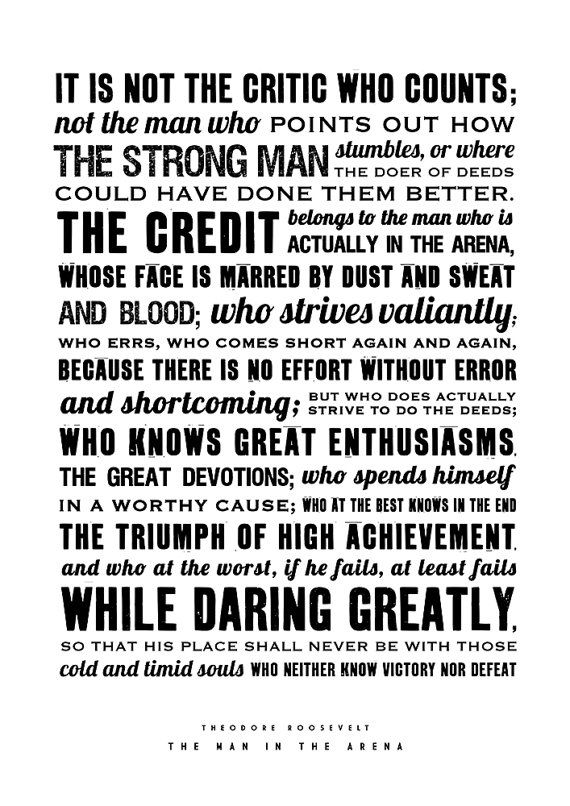When you’re 20, you care what everyone thinks, when you’re 40 you stop caring what everyone thinks, when you’re 60, you realize no one was ever thinking about you in the first place.
Author, Podcaster and presenter of the Daily Jay Calm App meditation session Jay Shetty recently shared his conversation with fellow author and podcaster Mel Robbins on how to deal with judgement and criticism of others. Robbins stated, ” You are on the court; they are in the stand.” I found that statement very true, especially in our social media external validation-seeking world, where we constantly compare ourselves with others’ carefully curated highlight reels. We all receive opinions, feedback and advice from family, friends, frenemies, coworkers, strangers, acquaintances and social media followers.

Advice is said to be cheap; context is what is ultimately priceless. People’s opinion of you is none of your business. They have the right to their opinion but not the fact. You are a unique human who makes mistakes constantly and is on a path of self-discovery. As Theodore Roosevelt noted in his Man in the Arena speech, “The credit belongs to the man who is actually in the arena, whose face is marred by dust and sweat and blood; who strives valiantly; who errs, who comes short again and again, because there is no effort without error and shortcoming; but who does actually strive to do the deeds; who knows great enthusiasms, the great devotions; who spends himself in a worthy cause; who at the best knows in the end the triumph of high achievement, and who at the worst, if he fails, at least fails while daring greatly.”
There is no effort without error and shortcoming

You are in the court; they are in the stand statement echos the Man in the Arena speech by former American president Theodore Roosevelt delivered at the Sorbonne in Paris on April 23, 1910. Roosevelt quipped:
It is not the critic who counts; not the man who points out how the strong man stumbles, or where the doer of deeds could have done them better. The credit belongs to the man who is actually in the arena, whose face is marred by dust and sweat and blood; who strives valiantly; who errs, who comes short again and again, because there is no effort without error and shortcoming; but who does actually strive to do the deeds; who knows great enthusiasms, the great devotions; who spends himself in a worthy cause; who at the best knows in the end the triumph of high achievement, and who at the worst, if he fails, at least fails while daring greatly, so that his place shall never be with those cold and timid souls who neither know victory nor defeat. Shame on the man of cultivated taste who lets refinement to develop in to fastidiousness that unfits him for doing the rough work of a work day world
We live in a world where everyone has an opinion about everything; someone who has not run a marathon is giving tips on navigating the marathon wall, and someone without a business is giving you business advice. We tend to receive advice from the wrong people, someone living in a tropical area of the world giving someone living in a place like Canada advice on how to navigate the cold weather. Age is not necessarily wisdom, and we all have to be mindful of whose opinions we take and internalize.
Impossible is not a fact. It’s an opinion. – MUHAMMAD ALI
Whatever the mind can conceive and believe it can achieve. As Henry Ford once said, “‘Whether you think you can, or you think you can’t–you’re right.’

Don’t be trapped by dogma – which is living with the results of other people’s thinking. Don’t let the noise of other’s opinions drown out your own inner voice.
Podcast
Meditations
- Daily Calm with Tamara Levitt: Autoreactivity
- Emotional Reactivity – In our closest and dearest relationships, our patients dwindle, our reactivity heightens, and our worst behaviours emerge. Through mindfulness, we train the brain to be less reactive, become aware of our emotional responses and regulate our emotions.
“We have little power to choose what happens, but we have complete power over how we respond.”― Arianna Huffington
- Daily Jay with Jay Shetty: Your Internal Environment
- Impact Bias: People overestimate the length or intensity of future emotional states. We are not good at responding to big life events; specifically, we struggle to gauge the real impact they would have on us. We overestimate how high our highs would take us and underestimate how low our lows would drop us. We have more control over our experience than we often realize.
- We pin our hopes and concerns on external circumstances when we pre-judge the future. We expend all our energy and emotion imagining how we would feel and how our lives would be impacted if certain things come to pass, but in reality, what determines our outcome exists inside us. How we meet what happens, and what we do with it genuinely matters.
- When we go through pain, we are forced to look for something inside ourselves; we have to search for a new kind of strength and most times, our whole outlook on life changes for the better. – Post Traumatic Growth.
- When we achieve external goals like getting a new job, we initially experience a big lift, but that joy can fade over time. Sometimes, we may even feel worse than before because our problems weren’t all magically solved. Where we go with what life gives us that is up to us and our mindset.

All the best in your quest to get better. Don’t Settle: Live with Passion.


Comments are closed.